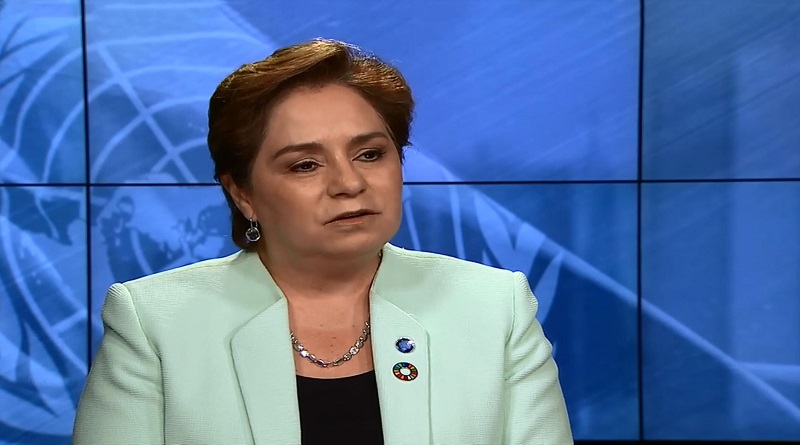Gender Equality receives boost at Bonn talks
Promoting gender equality and the empowerment of women received a boost at the UN Climate Change Conference in Bonn, with multiple activities organized around the issue of gender and climate change and first indications that women are better represented at the talks than in previous years.
The Gender Action Plan (GAP) of UN Climate Change promotes advancement of women’s participation in delegations and negotiations at an international level and in ministries and governments at a national level.
The plan also highlights the need for mainstreaming gender into climate action across societies, because it is critical to effective climate policy and action and it is critical that the needs, perspectives and ideas of all people impacted by climate change are taken into account.
Statistics show that at the major UN Climate Change Conference COP 23 in November 2017, over two thirds of the interventions from the non-governmental sector came from women. At this year’s UN Climate Change Conference in Bonn, 47% of the participants were women. However, the number of women leading government delegations remains under 30 per cent.
“As we are all vulnerable to climate change, we have shared experiences about facing the same issue and we have the same dedication to fighting climate change, to make a big difference for women” said Chrisda Kaeti, of the Ministry of Finance and Economic Development of Kiribati at one of the gender events in Bonn.
A good example of the ongoing cooperation between the UN Climate Change Secretariat and gender groups are networking activities with the Women’s Environment and Development Organisation (WEDO) .
WEDO offers support through the Women Delegates’ Fund (WDF), a platform for increasing participation of female delegates from Least Developed Countries and Small Island Developing States, as well as training so that they can more effectively participate in decision-making processes.
Since 2009, the Fund has received support from Australia, Canada, Finland, Iceland, the Netherlands, Scotland, and Switzerland and has helped over 100 women from developing countries to participate in conferences. In addition, it has trained over 500 national delegates.
Speaking in Bonn, Stella Gama of the Ministry of Natural Resources, Energy and Mining in Malawi and a beneficiary of the WDF said: “Women’s empowerment should be a continuous process in which women create and expand what it is they can be, what it is they can do and what it is they can accomplish. We all have dreams and mine is to continue this process so that we advance the goal of gender-balance and achieve a higher number of female delegates”
Delegates at the 2018 UN Climate Conference in Bonn saw the need for more women’s participation in delegations and negotiations and called to further increase the numbers for the UN Climate Change Conference COP 24 at the end of the year.
And participants underlined the need for continuous review of climate and gender policies in light of the Gender Action Plan, and to map out the government structures and key policies that can ensure translating these policies into action.




